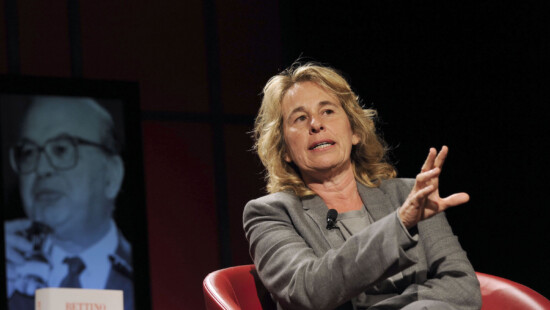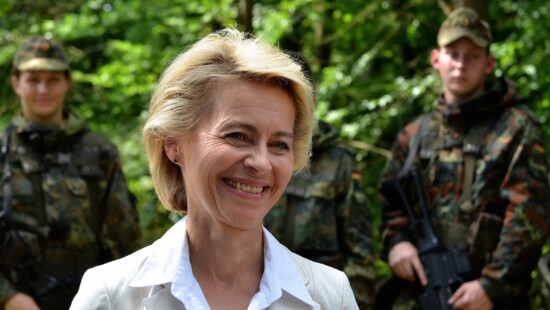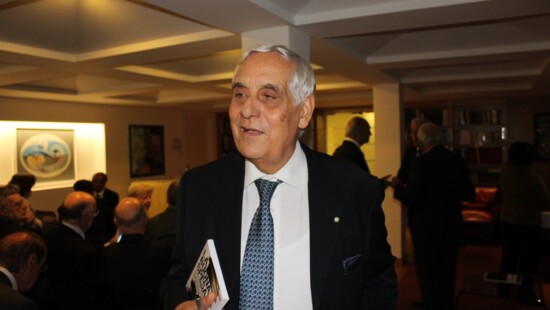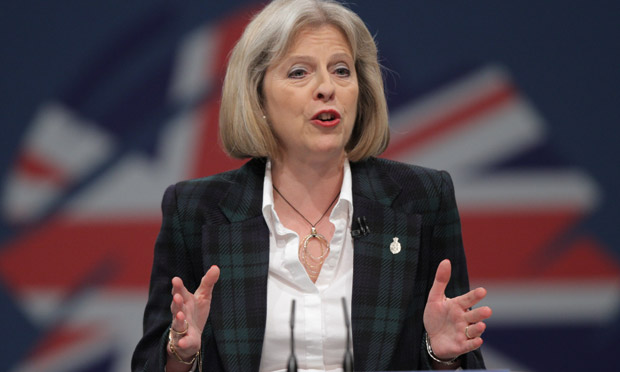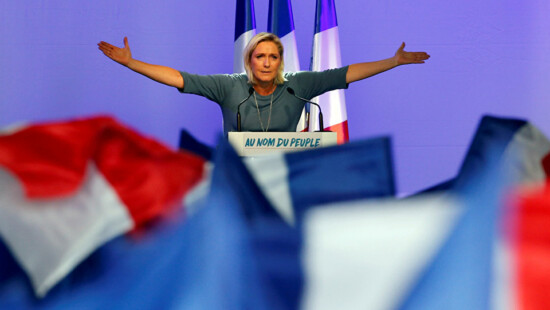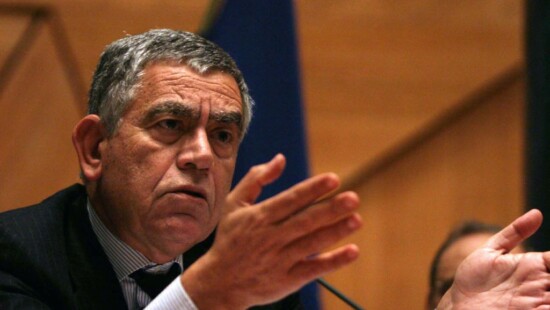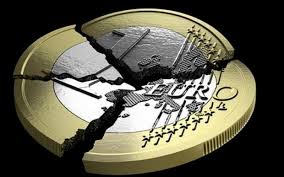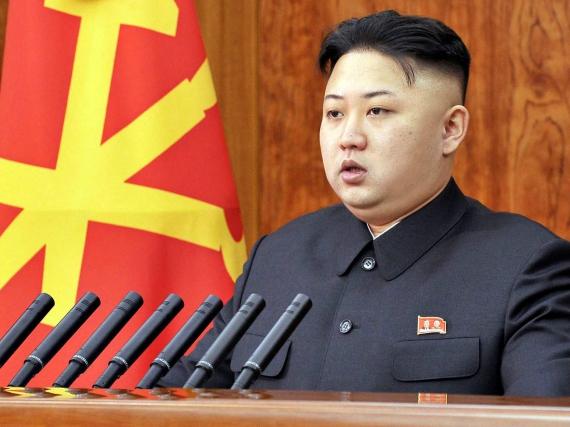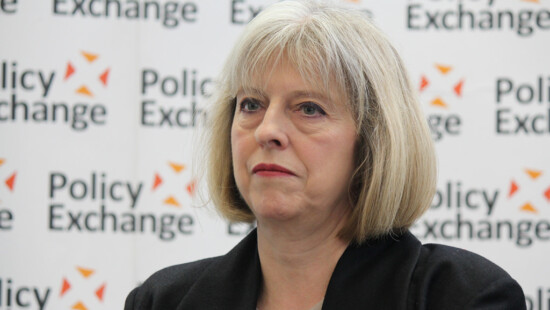Democrazia e libertà, che un tempo pensavamo avrebbero conquistato ogni angolo del terra, segnano il passo ed assistono al riemergere di nuovi forme autoritarie ed a regimi che opprimono i popoli e ne limitano le libertà. Dettati ed organi costituzionali totalmente ignorati e svuotati, tornate elettorali utili a dare una parvenza di legittimità a democrazie illiberali e sistemi giudiziari iniqui…
Archivi
Come la Germania fronteggerà i cyber attacchi
Sono più di 4500 cyber attacchi che i server della Bundeswehr, l’esercito tedesco, devono sventare quotidianamente. Questo denunciava domenica scorsa la ministra della Difesa Ursula von der Leyen dalle colonne del quotidiano die Welt. Si tratterebbe di attacchi che, una volta programmati, proverebbero in automatico a forzare le barriere di difesa (“firewalls”) tedesche. Più pericolosi ancora sarebbero i cosiddetti APTs…
Vi dico un paio di cosette sul Cnel
Il Consiglio dei ministri dell’11 aprile ha avviato la procedura per il rinnovo dei Consiglieri del Consiglio nazionale dell’economia e del lavoro (Cnel). Appartengo all’organo di rilievo costituzionale dal luglio 2010 nel gruppo di esperti nominati direttamente dal Capo dello Stato ed ho il compito di presiedere la Commissione speciale per l’informazione che ha la funzione di archiviare e catalogare…
Chi gongola e chi teme il voto anticipato voluto da Theresa May
Theresa May ha cullato a lungo l'idea di rispettare la scadenza naturale della legislatura iniziata nel 2015 con David Cameron - ormai un'era geologica e politica fa - ma l'opportunità di capitalizzare i buoni esiti dei sondaggi (il 13 aprile scorso YouGov dava i conservatori al 44% con ben 21 punti di vantaggio sui laburisti) e l'esigua maggioranza monocolore alla…
Come e perché in Francia il vento anti Ue spinge Le Pen e Mélenchon
Fu un errore imperdonabile, per la Francia, promuovere con tanta determinazione l’introduzione dell’euro? E giocò male le sue carte, il Presidente francese Jacques Chirac, sin dall’assenso dato alla Riunificazione tedesca? E lo scambio cui addivenne con il Cancelliere tedesco Helmut Kohl, venne gravemente travisato nella sua attuazione? Applicare all’euro lo statuto monetario del marco fu dunque una colossale ingenuità? O…
Cosa si dice nel Pd per evitare la guerra fra Uber e taxi
Uber, tutti (o quasi) la cercano ma nessuno (o quasi) la vuole veramente. E l'Italia si ritrova ancora una volta alle prese con l'eterno dilemma. Innovare nel nome della tecnologia e della concorrenza oppure difendere categorie e interessi preesistenti? Almeno per quanto riguarda l'app della Silicon Valley per il noleggio auto, c'è un punto fermo. Quello del 5 maggio, quando…
La vera manovra (poco europeistica) che serve all'Italia
"Aumentare o no l'IVA? E se si, per fare cosa? Tagliare l'IRPEF o il cuneo fiscale?": sono queste le domande che agitano i pensieri del Ministro Padoan e del Presidente Gentiloni. Ma non solo. A parte Matteo Renzi, preoccupano un po' tutti gli italiani, alle prese con una crisi che non sembra finir mai. E forse non finirà, se continueremo…
Luigi Zingales, i due euro e il gioco delle tre carte
Luigi Zingales ha lanciato su Il Sole 24 Ore la proposta di avviare un “dibattito intelligente e costruttivo” sull’uscita dell’Italia dall’euro, considerandone le conseguenze in termini di svalutazione, crescita, esportazioni, occupazione, etc (Link). Una proposta apparentemente intelligente. E che già da molto tempo avrebbe dovuto essere raccolta dall’accademia (non solo) italiana, invece che lasciarla nelle mani dei blogger e dei…
Perché risorge la paura di una guerra nucleare
Sembrava in disuso, ma da almeno una settimana c’è una parola che rivive di cupa luce propria: “Nucleare”. Si allude alla minaccia che la Corea del Nord continua a rivolgere nei confronti dell’America. Venti di guerra sull’onda del sanguinoso conflitto che scuote la Siria da sei anni. Ma, al di là dei proclami del regime di Pyongyang e delle sue…
Ecco i due veri obiettivi di Theresa May con le elezioni anticipate l'8 giugno
A sorpresa, ma neanche troppo. Il Primo Ministro conservatore Theresa May decide di andare alle elezioni l’8 giugno, ben sapendo che il risultato è in gran parte già scritto. Con questa mossa, Theresa May rivela uno dei tasselli cruciali del suo progetto politico. Un progetto iniziato 9 mesi fa da quando ha preso il controllo del partito conservatore, e che…




